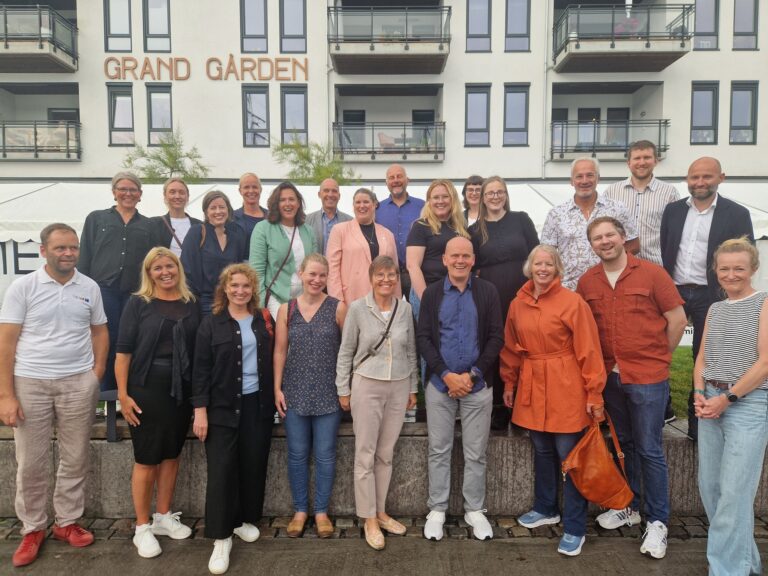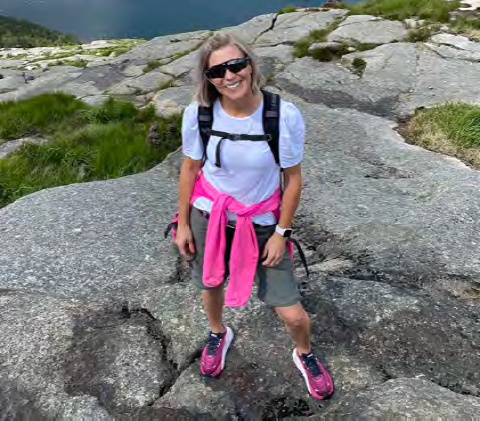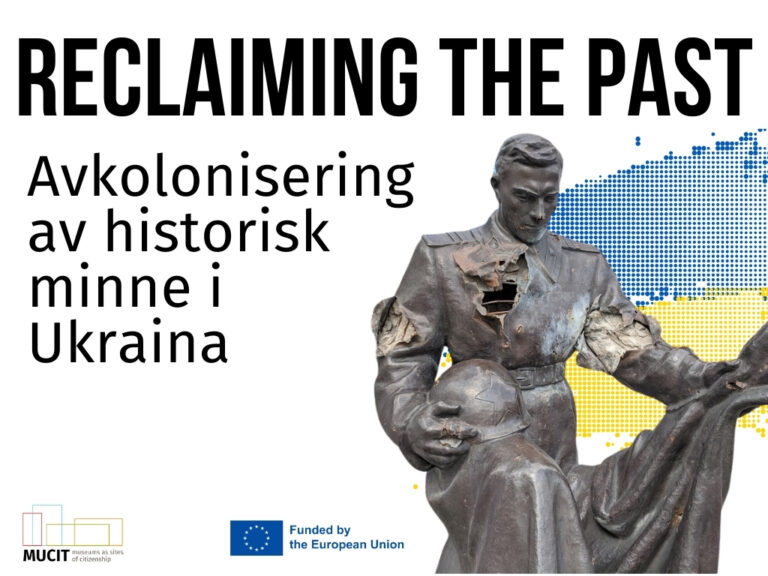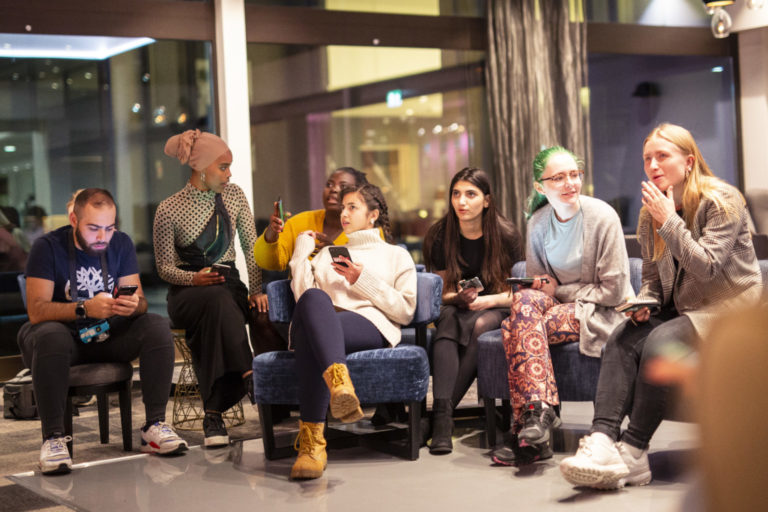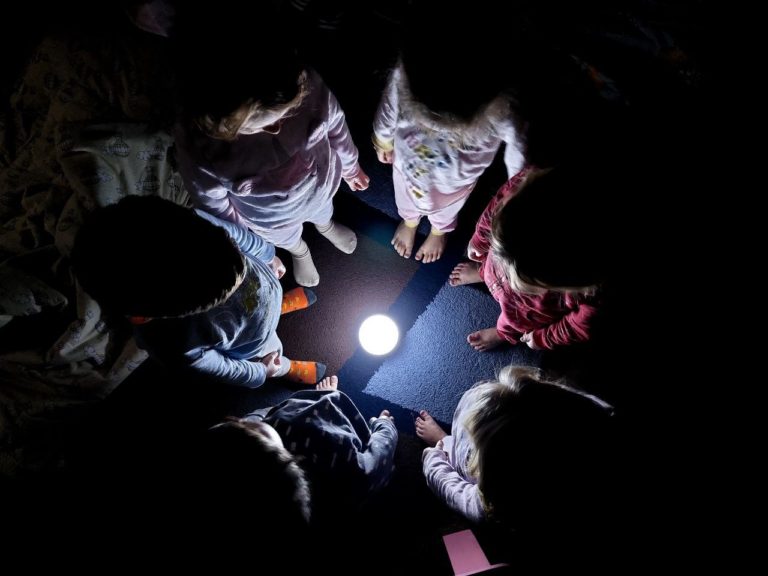Faced with restrictions and rules of social distancing due to the outbreak of the Corona virus, partners and participants in the EWC project “Preparing Future Teachers in the Western Balkans” offered each other support and found alternative ways of continuing with the project implementation.
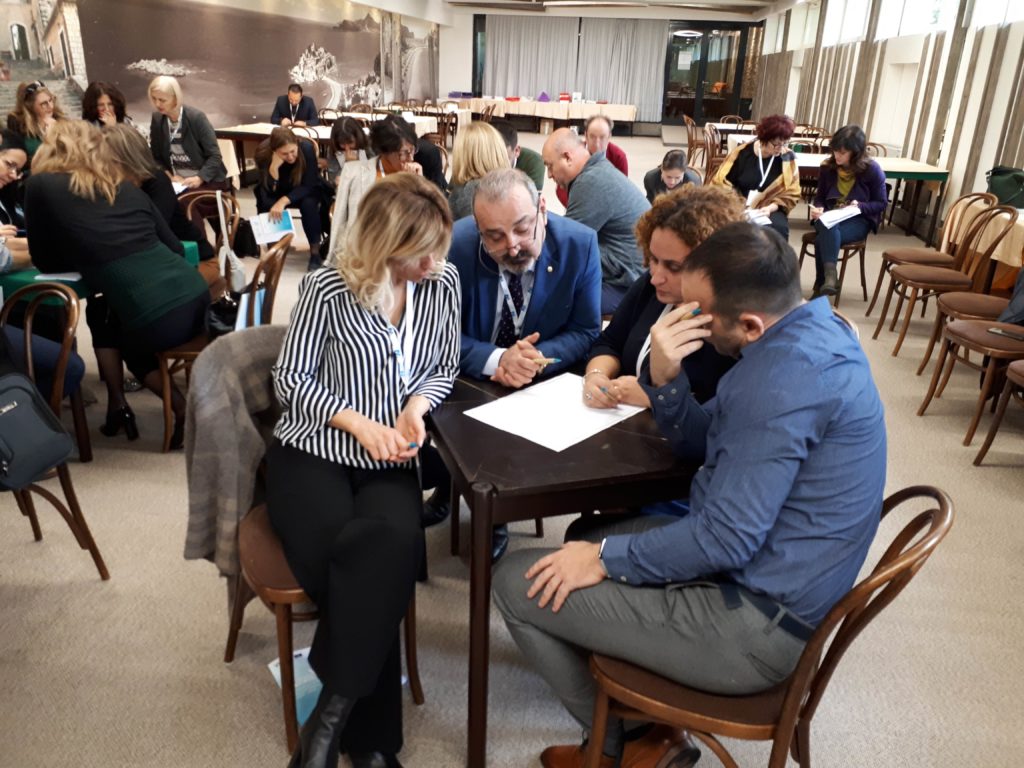
“The willingness to share and adapt has been fantastic, and we are so impressed by everyone´s determination and commitment to keep moving forward”, said project coordinator Jennie Holck-Clausen.
At the core of the project is a regional network consisting of 12 university teams that will develop, test and disseminate new teacher education modules emphasizing practice-oriented teaching promoting citizenship, democracy and human rights.
It is a great motivation when you notice that your project partners back you up. The drive and ownership to the project from all stakeholders is what keeps us moving forward in a time of uncertainty and changed reality for us all
Jennie Holck-Clausen
One example of how participants are adapting is Professor Maya Raunik Kirkov at the Faculty of Pedagogy at the University of Skopje. Before the lock-down she completed four sessions of her newly developed module “Visual art education through the culture of democracy”, and when the university closed, she wanted to find a way to continue. Unsure of how to adapt the session to a virtual classroom she worked closely with project partner and EWC expert Rolf Gollob from the Zürich University of Teacher Training to develop session templates, which resulted in a successful online lecture with engaged and active students.
“It was a challenge …, but Rolf´s constant encouragement and corrections gave me all the necessary support and confidence. We are moving on with our project at an even greater speed now”, the professor said.
A training seminar on further development and testing of the new teaching modules was planned for early April, but is now postponed until the end of September. In the meantime, the project will carry out webinars which will function as a platform for both learning and sharing. The first will be in early May, where professor Kirkov will share her experiences with developing and testing the module and session templates in a local context, as well as adapting to an online classroom.
The steering group which monitors the projects progress and keeps it in line with education policies and needs in the region, has also showed an unwavering commitment.
“It is a great motivation when you notice that your project partners back you up. The drive and ownership to the project from all stakeholders is what keeps us moving forward in a time of uncertainty and changed reality for us all”, Holck-Clausen ended.
